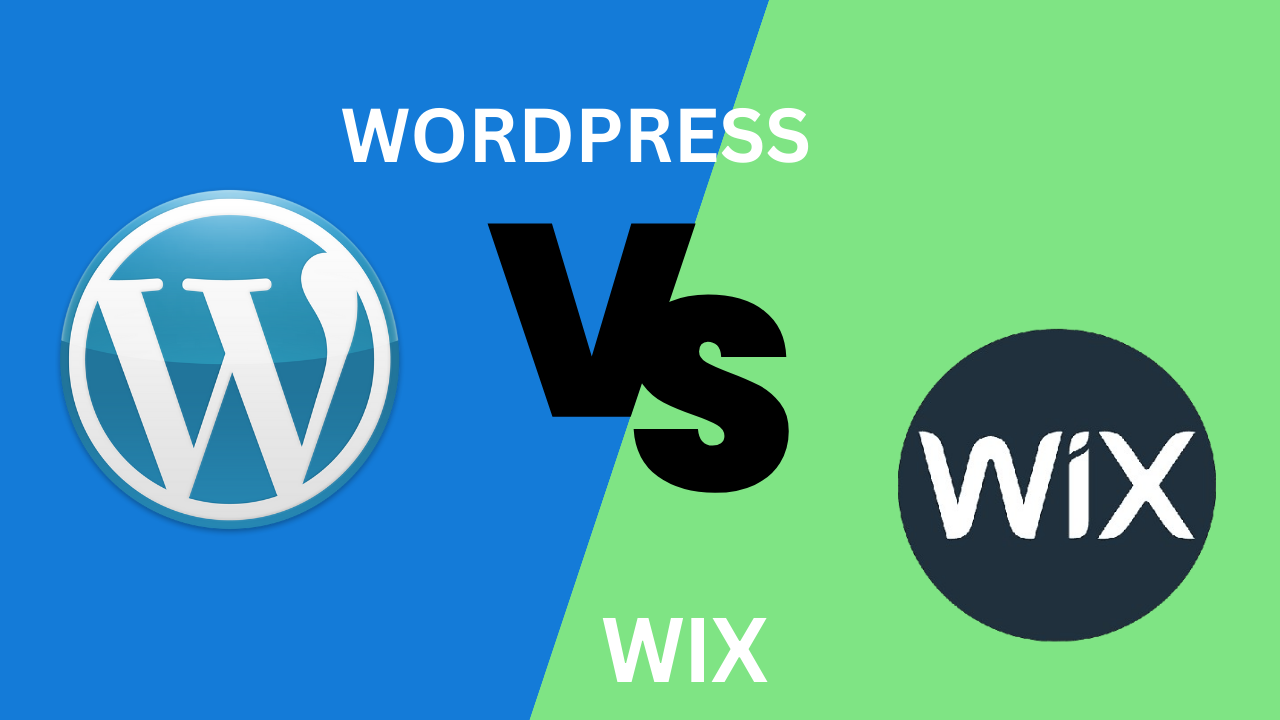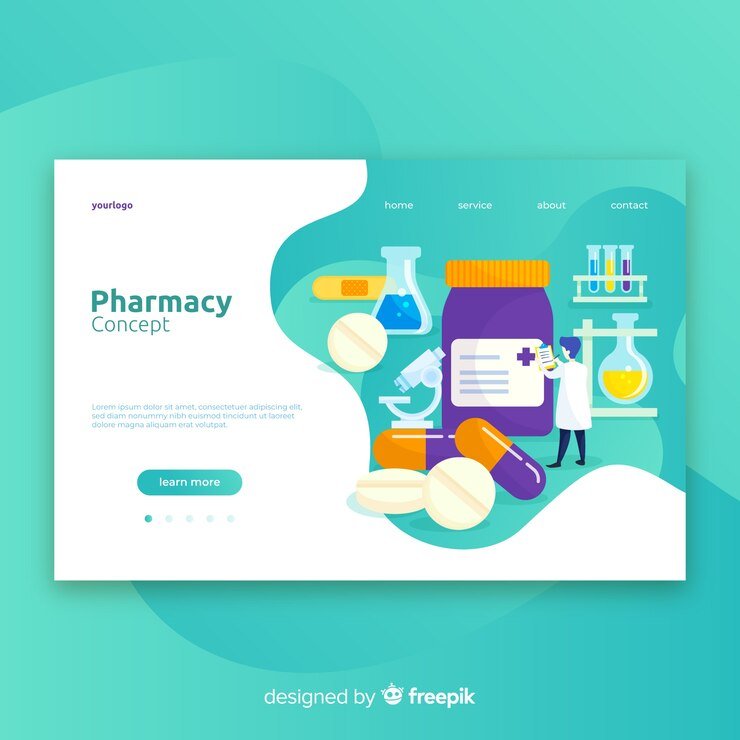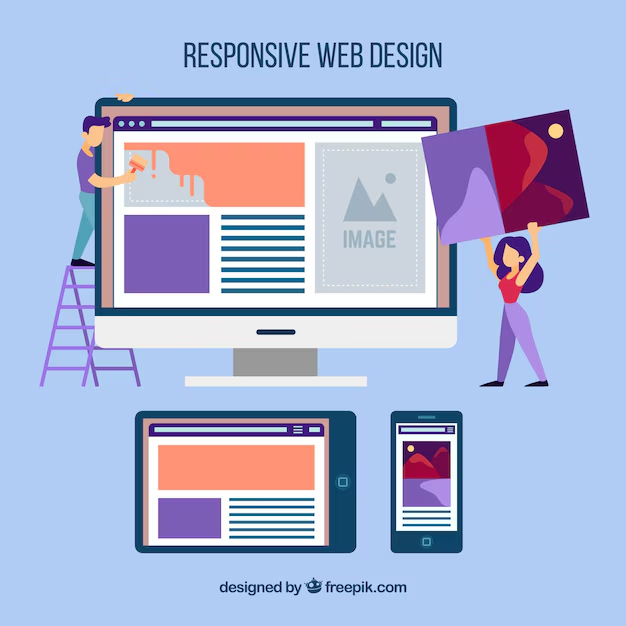Introduction
In the digital landscape of 2024, choosing the right platform for building your website is more crucial than ever. With countless options available, two major contenders often stand out: WordPress and Wix. Both platforms have their strengths and weaknesses, but which one reigns supreme in the current era of web development? Let’s delve into a comprehensive comparison to determine the answer.
1. Flexibility and Customization
WordPress:
- Renowned for its unparalleled flexibility and customization options.
- Offers thousands of themes and plugins, allowing users to tailor their website to their exact specifications.
- Ideal for developers and users who require advanced customization capabilities.
Wix:
- Provides a user-friendly drag-and-drop interface, making it easy for beginners to create a website without any coding knowledge.
- Limited in terms of customization compared to WordPress, with a more structured approach to design.
- Best suited for individuals and small businesses looking for a straightforward website-building experience.
2. Control and Ownership
WordPress:
- Self-hosted WordPress.org gives users complete control and ownership of their website.
- Users are responsible for managing their own hosting and updates, offering full autonomy over their site’s functionality and data.
- Provides the flexibility to migrate your website to a different hosting provider if desired.
Wix:
- Hosted platform where Wix retains control over the infrastructure and updates.
- Users rely on Wix’s servers, relinquishing some control over their website’s performance and maintenance.
- Limited ability to export or transfer your website to another platform, potentially causing vendor lock-in.
3. Performance and Scalability
WordPress:
- Performance heavily depends on the chosen hosting provider and the optimization of themes and plugins.
- With proper optimization and caching mechanisms, WordPress websites can achieve excellent performance and scalability.
- Well-suited for both small blogs and large-scale enterprise websites with proper hosting and optimization practices.
Wix:
- Offers reliable performance out-of-the-box, with hosting optimized for Wix websites.
- May experience limitations in scalability and performance optimization for highly complex or traffic-intensive websites.
- Ideal for small to medium-sized websites with moderate traffic requirements.
4. SEO Capabilities
WordPress:
- Empowers users with extensive SEO plugins and tools, such as Yoast SEO and All in One SEO Pack.
- Provides greater control over on-page optimization, URL structures, and meta tags.
- Offers the flexibility to implement advanced SEO strategies for improved search engine visibility.
Wix:
- Provides basic SEO functionalities, including meta tags, URL customization, and sitemap generation.
- May lack the depth and flexibility of WordPress plugins for comprehensive SEO optimization.
- Suitable for users who prioritize simplicity over advanced SEO capabilities.
5. Support and Community
WordPress:
- Benefits from a vast community of developers, designers, and users worldwide.
- Abundant online resources, forums, and documentation available for troubleshooting and guidance.
- Extensive ecosystem of plugins and themes backed by a vibrant community-driven development.
Wix:
- Offers dedicated customer support and resources for Wix users.
- Limited community support compared to WordPress, with fewer third-party developers contributing to the platform’s ecosystem.
- Relies primarily on Wix’s official support channels for assistance.
Conclusion
In the ongoing battle of WordPress vs Wix, the choice ultimately depends on your specific needs and preferences. WordPress remains the top choice for users seeking unparalleled flexibility, customization, and control over their website. On the other hand, Wix caters to individuals and small businesses looking for a user-friendly, all-in-one website-building solution. As we navigate the digital landscape of 2024, understanding the strengths and limitations of each platform is essential in making an informed decision for your online presence.








